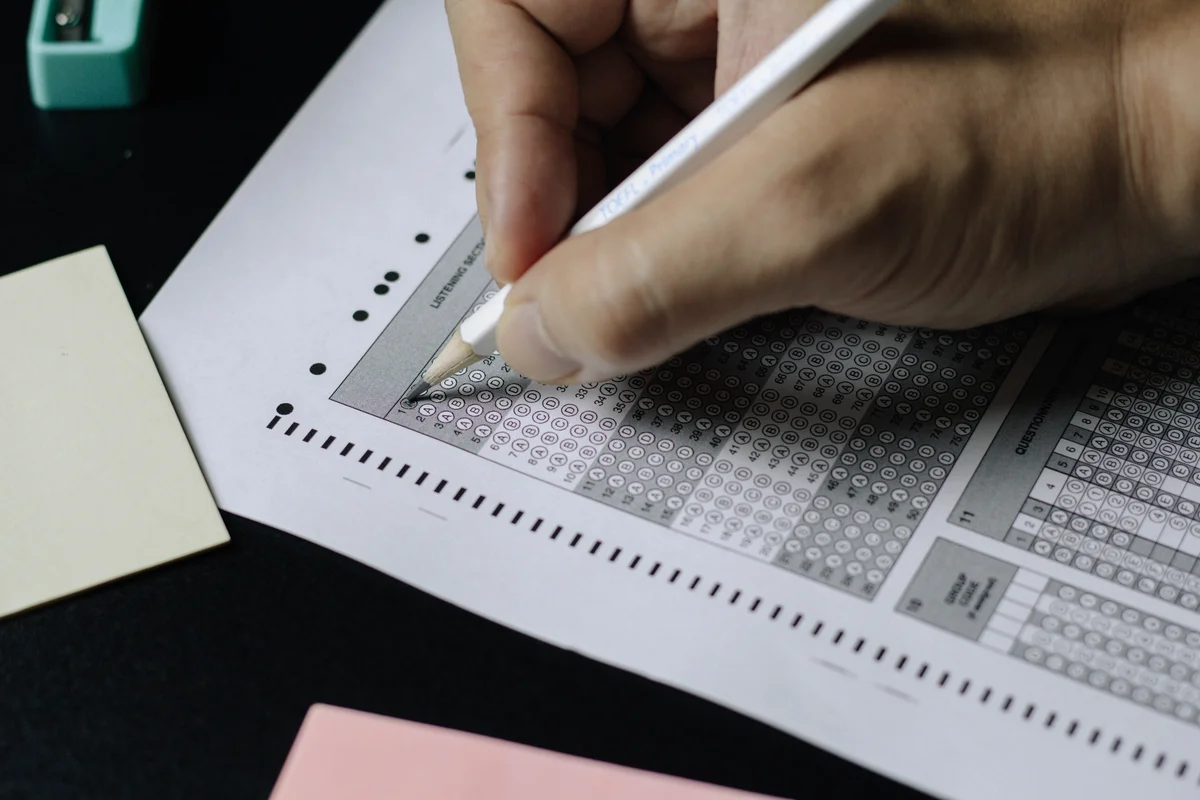Basic knowledge and skills that every programmer needs
The profession of a programmer includes a set of knowledge and practical skills that are necessary for successful work in IT. It does not matter the programming language and product of development – everyone can use the key skills of a programmer. They are divided into hard skills and soft skills.
Hard skills are the main professional skills of a programmer, which are related to his or her specialization. For example, a Backend-developer needs to know Python and the database MySQL, and for Full Stack-developer is important to understand the work of the hosting and architecture of the Web application.
Soft skills are additional abilities and skills of a programmer, which are connected with personal qualities. Examples of soft skills: are critical thinking, negotiation skills, and emotional intelligence. Developers improve them by working in a team, at training, and through self-development. Soft skills are more difficult to evaluate, but they are just as important as professional competencies, and managerial positions come first.
So what skills do programmers need? Let’s analyze the main requirements.
Soft Skills
- Analytical thinking
It’s hard to imagine a successful programmer without analytical skills: this is the thinking that makes people choose the IT field. How does it show up in a developer’s work? He must regularly study, organize information and draw conclusions. Before writing code, a programmer studies a project in detail, writes a plan, makes a product structure, and chooses tools and ways of implementation. The systematic approach helps to present the finished product, and define its interface and internal logic.
- Teamwork
A developer interacts daily with the team as well as with related development departments, testers, and analysts. To work successfully on a project, you need to interact with your colleagues, exchange ideas, and help each other. In addition, programmers communicate with the customer, and here you need to argue your decision and be able to adequately take criticism.
- The ability of learning and development
New technologies appear in IT every year. Any programmer needs to know the actual development tools and regular self-development. A recruiter should pay attention to the completed courses, master classes, hackathons, and IT conferences: they show professionalism and interest in the field. In addition, there are write me an essay services that will help in mastering new knowledge, so do not be afraid of the challenge of gaining new skills.
- Adaptability
The ability to be flexible in the work process is the most important soft skill of any specialist. Transition to remote mode, changes in a team, and reorganization of teams are constantly changing conditions that should not affect a developer’s performance.
- Proactivity
A competent developer thinks not only about the ways of solving a problem but also about how they will affect the project as a whole. Such an employee knows how to make decisions and is responsible for their choices. This skill is closely related to responsibility and commitment. In controversial moments a proactive developer analyzes his/her own mistakes, first of all, does not shift them to others, and is ready to redo the work. Proactivity is especially important for the team leader and manager: the thoughtfulness of their decisions affects the promotion of the business.
Hard Skills
We have already considered personal qualities, but what professional competencies do programmers need?
- The ability to write comprehensible code
A long and complicated code shows that a programmer is a common misconception in IT recruiting. An experienced developer writes simple code that both he and his colleagues can read. It’s a skill that strong developers excel at.
- Data structure and algorithms
This knowledge is as important as the programming language. The data structure includes linked lists, arrays, and stacks – with which the developer creates the application.
- Databases
No programmer can do without them. He must understand the basic logic, and be able to design tables and manage data. The main database is SQL, but there are also PostgreSQL, NoSQL, and others.
- Libraries
A set of ready-made functions, classes, and objects that help to focus on the main thing – to implement the logic of the application.
- Multiple programming languages
There can be one main language, but knowledge of several expands the choice of tools. In addition, some of them become obsolete over time. For example, ActionScript or Perl.
- Mathematical knowledge
At a minimum, a programmer needs knowledge of simple formulas and operations for
complex algorithms, analytics, systematization, and machine learning.
In addition, it is important for a programmer to know:
- technology stack;
- software engineering;
- English language;
- UNIX or Linux;
- integrated development environment;
- version control;
- basics of computer networking;
- blockchain;
- UX design;
- cloud technologies;
- sorting algorithms;
- unit testing;
- program debugging;
- design patterns.
In this article, we have broken down the basic knowledge and skills of a programmer. If you want to find a professional for your team, please contact the BGStaff recruitment agency – we will take into account your wishes and find the right employee.




